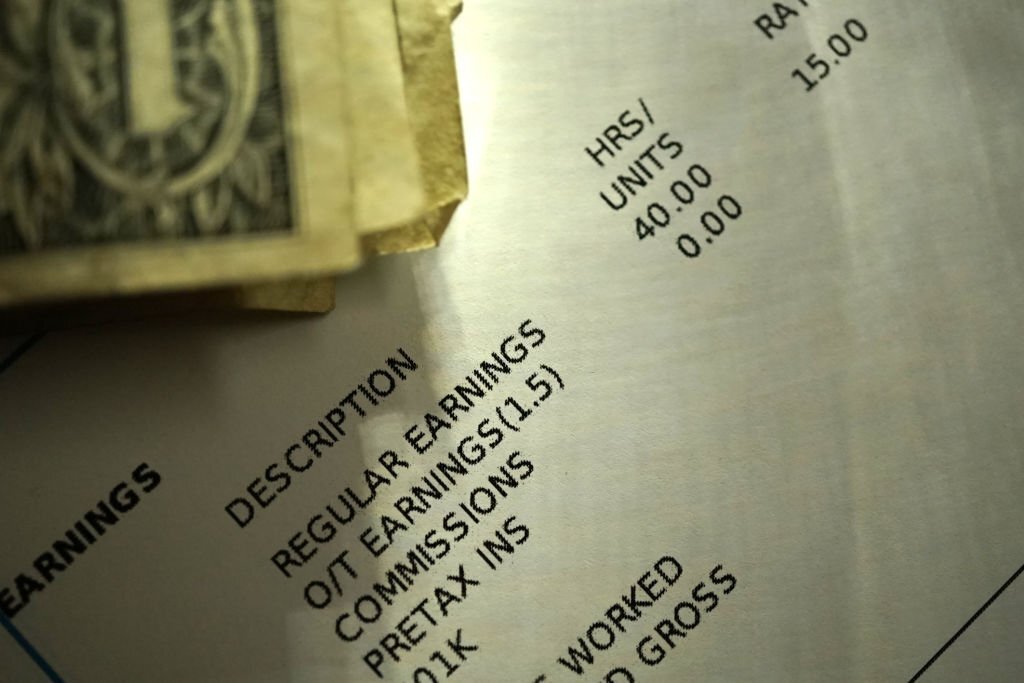
Work Paystubs
Work paystubs are an essential component of every business's financial system. From tiny mom-and-pop stores to bustling startups, everyone uses them to track...
Aug 14, 2023Navigating the world of financial documentation often involves two pivotal elements: pay stubs and bank statements.

Navigating the world of financial documentation often involves two pivotal elements: pay stubs and bank statements. While both serve as invaluable records of your most important transactions, pay stubs detail your income's source and amount from an employer. Bank statements, on the other hand, provide a broader overview of your financial health, tracking deposits, withdrawals, and balances across your accounts. This is vital for managing your personal finances, securing loans, and more. In this blog post, we at Check Stub Maker will explore the key similarities and differences between pay stubs and bank statements, empowering you with the knowledge to navigate your economic journey with confidence. What this article covers:
Through our practical knowledge, pay stubs are essential documents that serve as proof of income. This information on pay stub meticulously details an employee's earnings and deductions for a specific pay period, which are fundamental in understanding your monetary inflow from employment. Additionally, pay stubs itemize taxes, retirement contributions, and other withholdings, offering a clear snapshot of your net wages. This level of detail distinguishes pay stubs from bank statements, which record transactions without breaking down all their components. For individuals and businesses alike, pay stubs are indispensable for budgeting, loan applications, and ensuring accuracy in payroll reporting. With our pay stub creator , managing this crucial aspect of paperwork becomes straightforward, providing you with the clarity and precision needed for effective financial planning.
Bank statements are comprehensive records issued by banks that summarize an individual's or business's processes over a specific period, which is typically done on a monthly basis. These documents play a significant role in financial management and organization, offering a detailed overview of all banking activities, including:
With bank statements, you're able to track, spend, identify unauthorized transactions, and manage your budgets.
Understanding the distinctions between pay stubs and bank statements is essential for managing your finances effectively. Table: Key Similarities And Differences Between Pay Stubs And Bank Statements
CriteriaPay StubsBank StatementsPurpose- To provide proof of income from employment for a specific period.
Issuer And Recipient- Issued by employers to employees.
Frequency- Generated each pay period depending on the employer's payroll schedule.
Details- Includes detailed information on gross pay, net pay, taxes, and other deductions.
Based on our first-hand experience, pay stubs verify your wages. In contrast, bank statements offer an overview of all financial undertakings within a bank account.
Pay stubs are usually issued by employers to employees or generated by freelancers and contractors using our pay stub generator to showcase the details of their compensation. Conversely, bank statements are provided by banks to account holders which reflects all their transactional activity.
Pay stubs are typically generated each pay period and dependent on the employer's payroll schedule, whether it be:
On the other hand, bank statements are usually issued monthly. Keep in mind though that the frequency can be adjusted based on the account holder's preferences or bank's policies.
Pay stubs include specific information about your:
Conversely, bank statements list transactions without separating income into specific categories. They're meant to show the account's overall activity, including any fees or interest earned. Whether you create check stubs with us at Check Stub Maker or review your monthly bank statements, recognizing the unique roles each document plays in your financial life is essential. 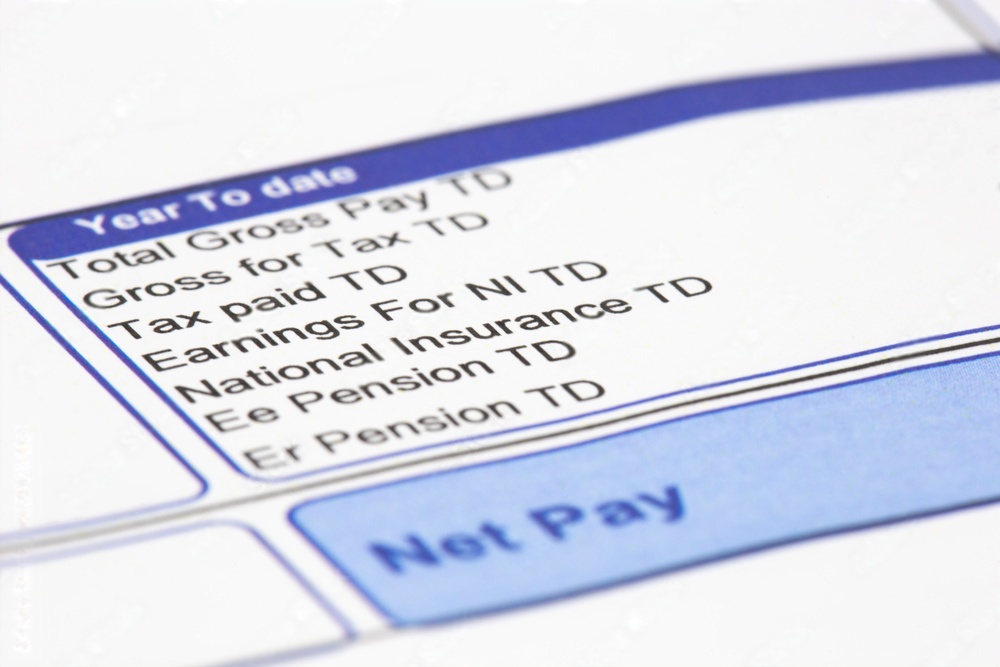
Pay stubs play a pivotal role in your monetary transactions for several reasons.
As per our expertise, pay stubs help with proving your earnings. This is especially important if you're:
Come tax season, having an organized record of your pay stubs can significantly streamline the process. Pay stubs detail information related to your gross income, taxes paid and contributions such as those made to retirement plans. Pay stubs are critical for accurately reporting your wages and ensuring you receive any deductions or credits you're entitled to. This can lead to a smoother tax filing experience and potentially maximize your return.
Understanding your financial inflow is key to effective budgeting. Drawing from our experience, pay stubs provide a clear overview of your net earnings after taxes and other contributions, helping you gauge how much money you have available for expenses. With us at Check Stub Maker , generating and maintaining these payroll records becomes effortless, empowering you to take control of your economic wealth.
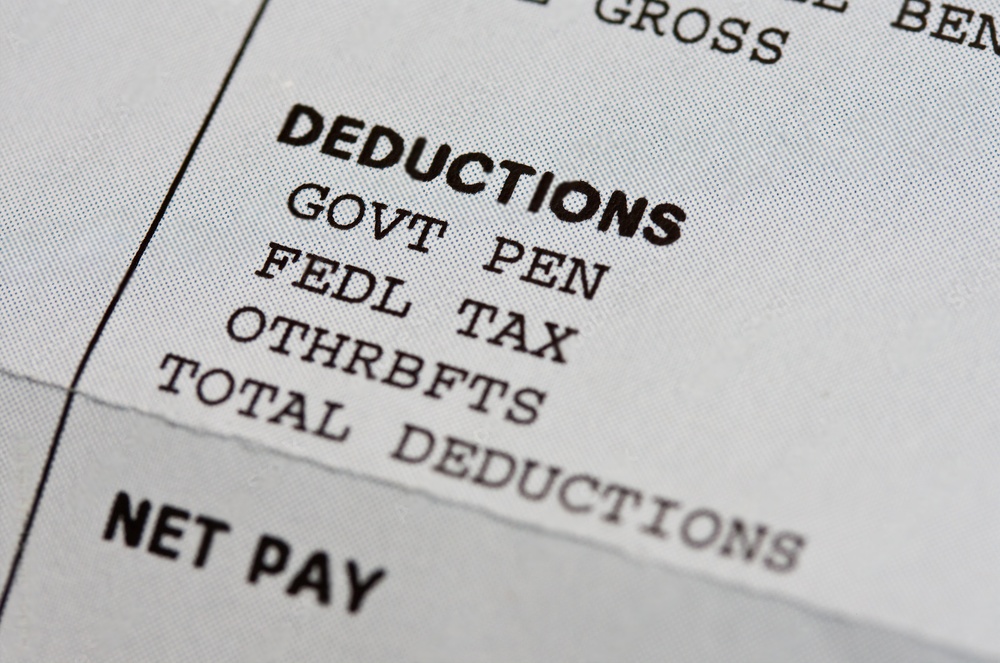
Bank statements serve multiple functions that can impact your economic well-being significantly.
One of the most immediate benefits of regularly reviewing your bank statements is the ability to quickly spot unauthorized transactions. Early detection of fraud is crucial to resolving issues and recovering your funds. By keeping an eye on your bank statements, you can protect yourself against identity theft and monetary loss.
Bank statements provide a clear and comprehensive view of your account balance over a period. This is essential for managing your cash flow, ensuring you have enough funds to cover upcoming expenses, and avoiding overdraft fees.
Bank statements ensure that you have a detailed record of all your banking transactions. This aids in reconciling your processes, ensuring that all your money is accounted for and correctly recorded.
Based on our observations, reviewing your bank statements allows you to analyze your spending habits over time. This insight is pivotal for budgeting, as it helps identify areas of your life where you can cut back or need to allocate more funds. With us at Check Stub Maker, you can make paystubs that go one step further with accurately recording your income and expenses. 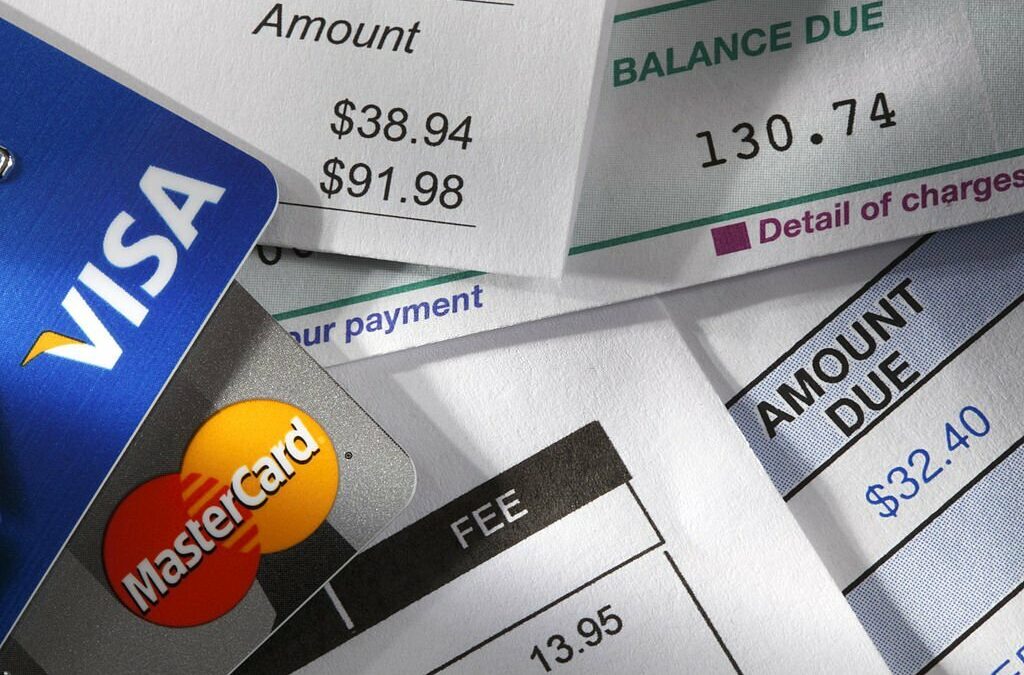 San Diego, California, USA - October 13, 2011: A close up of a Visa credit card and a Mastercard credit card, the two largest credit card companies in the world, on a random stack of bills and invoices. Shot in a studio setting.
San Diego, California, USA - October 13, 2011: A close up of a Visa credit card and a Mastercard credit card, the two largest credit card companies in the world, on a random stack of bills and invoices. Shot in a studio setting.
We recommend keeping your pay stub records for at least one year or longer. Alternatively, the IRS recommends that you keep payroll records for a minimum of four years in case of audits or other financial inquiries. Recordkeeping is especially critical during tax season when you may need to confirm that the information on your annual W-2 form matches your pay stubs. Always ensure your monetary records are correct and detailed before disposing of any financial documents.
Most banks offer online access to your bank statements, which often goes back several years for your convenience. Online banking allows you to view, download, and print your statements anytime, providing a secure and instant way to monitor your monetary undertakings. It's a good practice to regularly review your bank statements for accuracy and to catch any unauthorized processes early. If you're not already using online banking, you can sign up through your bank's website or app, ensuring you have continuous access to your account information. We believe in online transactions as well at Check Stub Maker. After trying out this product, our paystub creator helps you generate, download, view, and store your pay stubs effectively to protect your financial information. 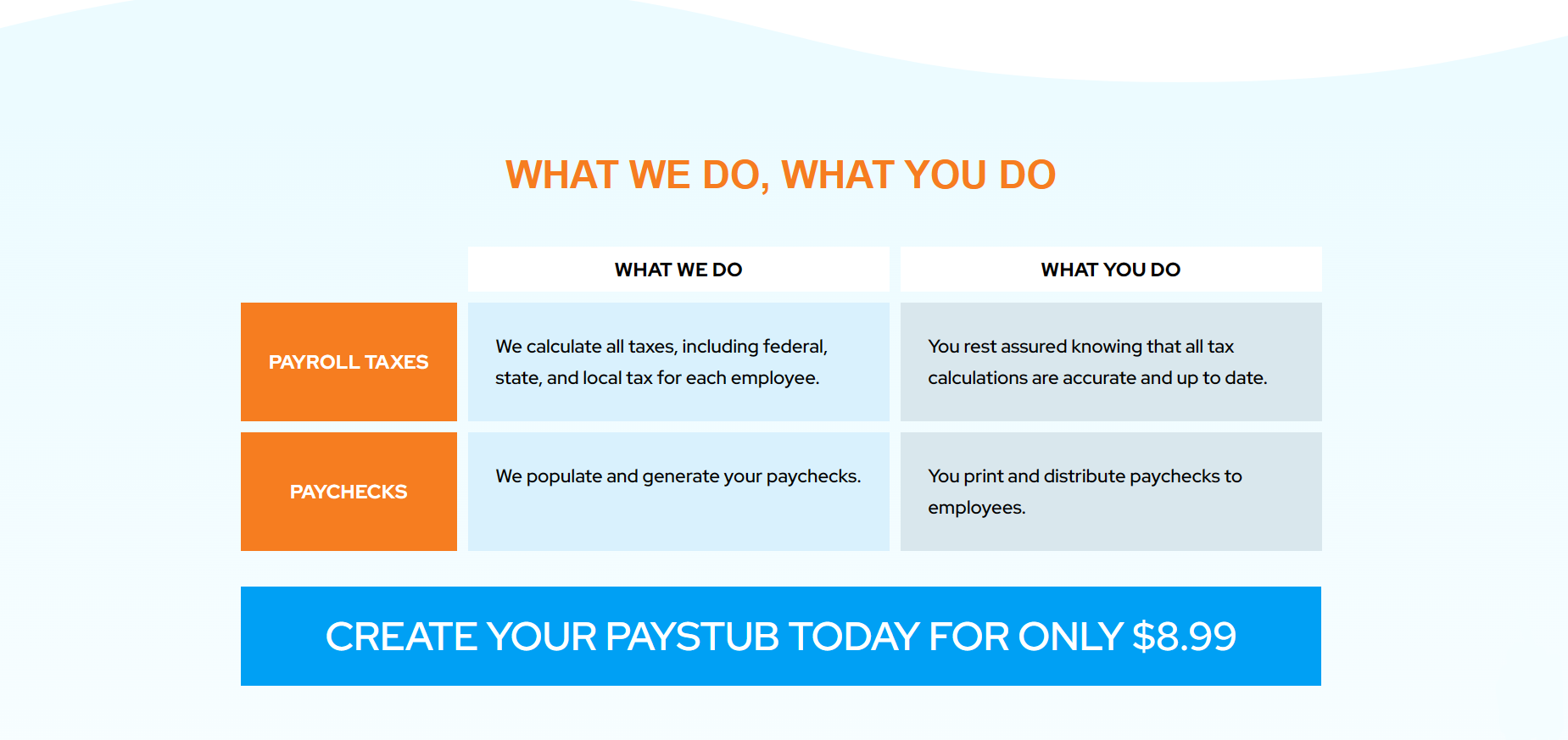
In this blog post, we've unpacked the essentials of pay stubs and bank statements, highlighting their differences and underlining their importance in managing your finances. Whether it's understanding your income with pay stubs or getting a grip on your spending through bank statements, these tools are pivotal. Now that you're equipped with this knowledge, why not take the next step in simplifying your payroll management? Try out our services at Check Stub Maker today and experience the ease of managing your financial documentation with our user-friendly paystub generator . If you want to learn more, why not check out these articles below:

Work paystubs are an essential component of every business's financial system. From tiny mom-and-pop stores to bustling startups, everyone uses them to track...
Aug 14, 2023
In the world of financing, securing a loan can often hinge on presenting the right paperwork, particularly with a financial services company like Wells Fargo...
Jun 06, 2024
!It’s Tax Season - When Should I Get My W2?https://checkstubmaker.com/wp-content/uploads/2020/05/when-should-i-get-my-w2-300x200.jpg There are a select few p...
May 13, 2020